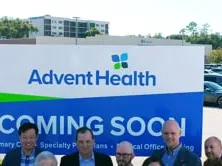- AdventHealth

As a cardiac nurse who is now the regional executive director for Heart and Vascular Services at AdventHealth Shawnee Mission in Kansas, Vickie Franck knows what to do in a cardiac emergency. She’s administered CPR many times within the hospital on patients of various ages.
She was also the first responder on the scene of someone in cardiac arrest outside of the hospital in three different instances. The first was a gentleman on the side of a highway; the second was a young woman; and the third was Vickie’s husband. She never expected to perform CPR on a loved one. Until it happened.
Vickie’s husband, Dan, is a musician who records a variety of music genres, including contemporary Christian, blues and, most recently, Jimmy Buffet-style music. Dan was traveling to Springfield, Missouri, to a recording studio. Vickie normally didn’t go along on these trips. However, she decided to go this time and take the opportunity to see her grandchildren.
It was early morning when Vickie heard a noise in the hotel bathroom. She found her husband leaning over the counter. He was conscious and told Vickie he thought he passed out. Vickie said he was extremely pale and as she grasped his face with her hands, he suddenly slumped over and was in full cardiac arrest.
“I guided him to the floor the best I could,” said Vickie. “His color was gray and his eyes were fixed and glazed over. I quickly assessed that he wasn’t breathing and didn’t have a pulse. In that moment, I threw open the hotel door, hoping someone was in the hall to call for help. But there was no one, so I flipped open the door latch, dialed 911 and started CPR. It was the scariest moment in my life.”
“As scary as the situation may be, knowing how to do CPR may make the difference in someone living or dying.”
Vickie started hands-only CPR, administering compressions for about three to five minutes. Then, she started rescue breathing.
“Honestly, it was like God breathed life into his lungs,” said Vickie. “He became responsive just as the paramedics showed up. We had a very good outcome. Had I not been with him or did not know how to perform CPR, my husband would have died.”
According to the American Heart Association (AHA), more than 70 percent of out-of-hospital cardiac arrests happen in homes and about 40 percent of those who experience an out-of-hospital cardiac arrest receive the help needed before emergency professionals arrive. Further, according to the AHA, only one in 10 people survive an out-of-hospital cardiac arrest, so increasing the number of people who know hands-only CPR is critical.
Easy to learn, hands-only CPR has proved to be as effective as traditional CPR in those first few minutes during a cardiac arrest emergency.
“Hands-only CPR can double survival odds,” said Vickie. “As scary as the situation may be, knowing how to do CPR may make the difference in someone living or dying.”
For more information or to find a local class, visit cpr.heart.org.
Teaming Up to Teach Students CPR
In Central Florida, AdventHealth recently unveiled a joint program with Seminole County Public Schools to teach hands-only CPR to ninth and 11th graders.
“This partnership is going to give students the education, the knowledge and the skill to actually start CPR. They’re going to feel empowered to actually say, ‘I know what to do in this event,’ when (perhaps) no one else around them does," said Nicole Crocker, chief nursing officer of AdventHealth Altamonte Springs.
Click here to read more about the partnership.

Recent News
AdventHealth purchases 17 acres in DeLand
AdventHealth purchases 17 acres in DeLand
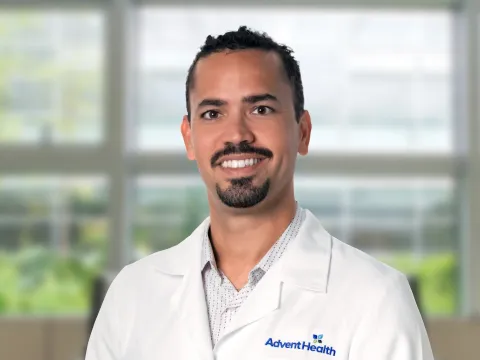
Albit Paoli, MD joins AdventHealth Medical Group Orthopedics & Sports Medicine
AdventHealth is pleased to announce that Albit Paoli, MD, has joined AdventHealth Medical Group Orthopedics & Sports Medicine at Calhoun and AdventHealth Medical Group Orthopedics & Sports Medicine at...

Dr. Phillips Center launches free Frontyard Holiday Festival supported by AdventHealth
The Dr. Phillips Center is launching its first-ever Frontyard Holiday Festival supported by AdventHealth.
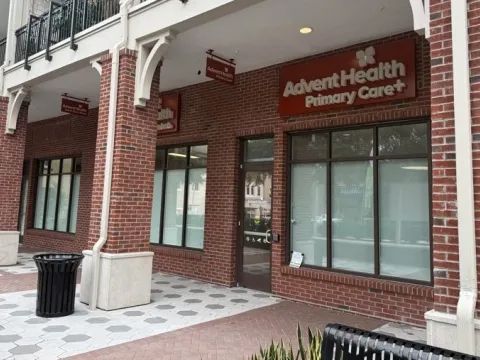
AdventHealth expands access to primary care in the heart of DeLand
AdventHealth has opened a new Primary Care+ location in the heart of downtown DeLand, giving residents a simple way to get everyday care close to where life happens. The primary care practice offers...
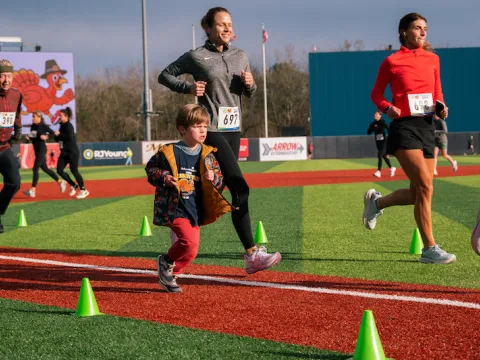
AdventHealth Rome Turkey Trot brings community together
Over 700 people gathered on Thanksgiving morning for the AdventHealth Rome Turkey Trot, raising $15,000 for Northwest Georgia Hunger Ministries.
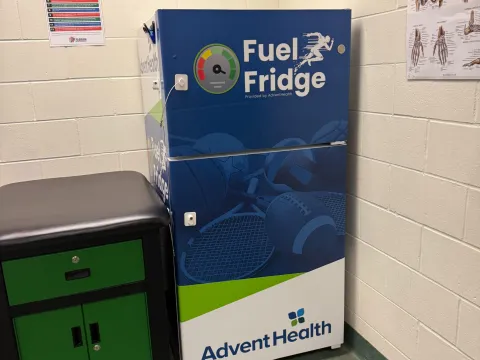
Fueling healthy futures for Flagler’s student athletes
Early practices, full class schedules, and evening games can push student athletes to their limits, and proper nutrition is essential to keeping them strong and focused. AdventHealth has introduced...
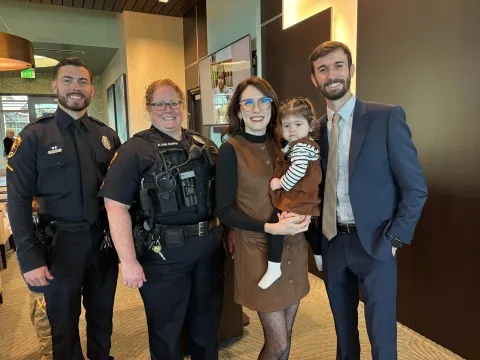
When seconds count: How a community of heroes saved one little girl
It was a day like any other — until the phone rang. For Ellison’s mom, that call froze time: “You need to get here right away.”

AdventHealth expands neurology services in West Volusia
Board-certified neurologist Dr. Zarmina Mufti has joined AdventHealth Medical Group and is now caring for patients at AdventHealth, expanding access to expert, whole-person neurological care for...
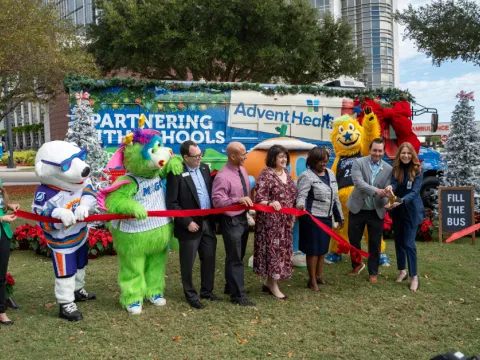
Central Florida organizations unite to ensure children and families facing food insecurity are fed over holiday break
AdventHealth, Orlando Magic, Florida Citrus Sports and Second Harvest Food Bank team up to support children across Orange, Osceola and Seminole counties.
Community-wide food drive launches to benefit kids in Central Florida
AdventHealth and Central Florida organizations unite to ensure children and families facing food insecurity are fed over holiday break.
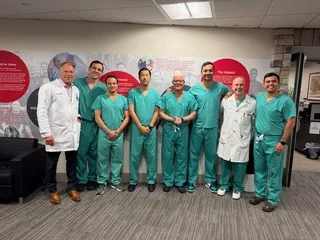
Pursuing excellence in knee surgery: Colorado Joint Replacement hosts Insall Traveling Fellowship
The international program that brings leading knee surgeons together to learn, collaborate and elevate the future of joint care.
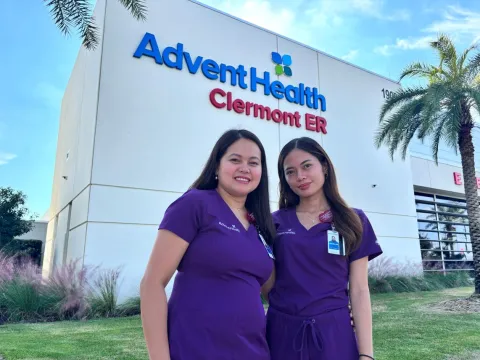
An ocean between them, and a calling that reunited them
After seven years apart, sisters Maricar Olsen and Ermeliza Ortiz were reunited in a place they both now call home. Their journey from the Philippines to Central Florida is a story of faith, family...

